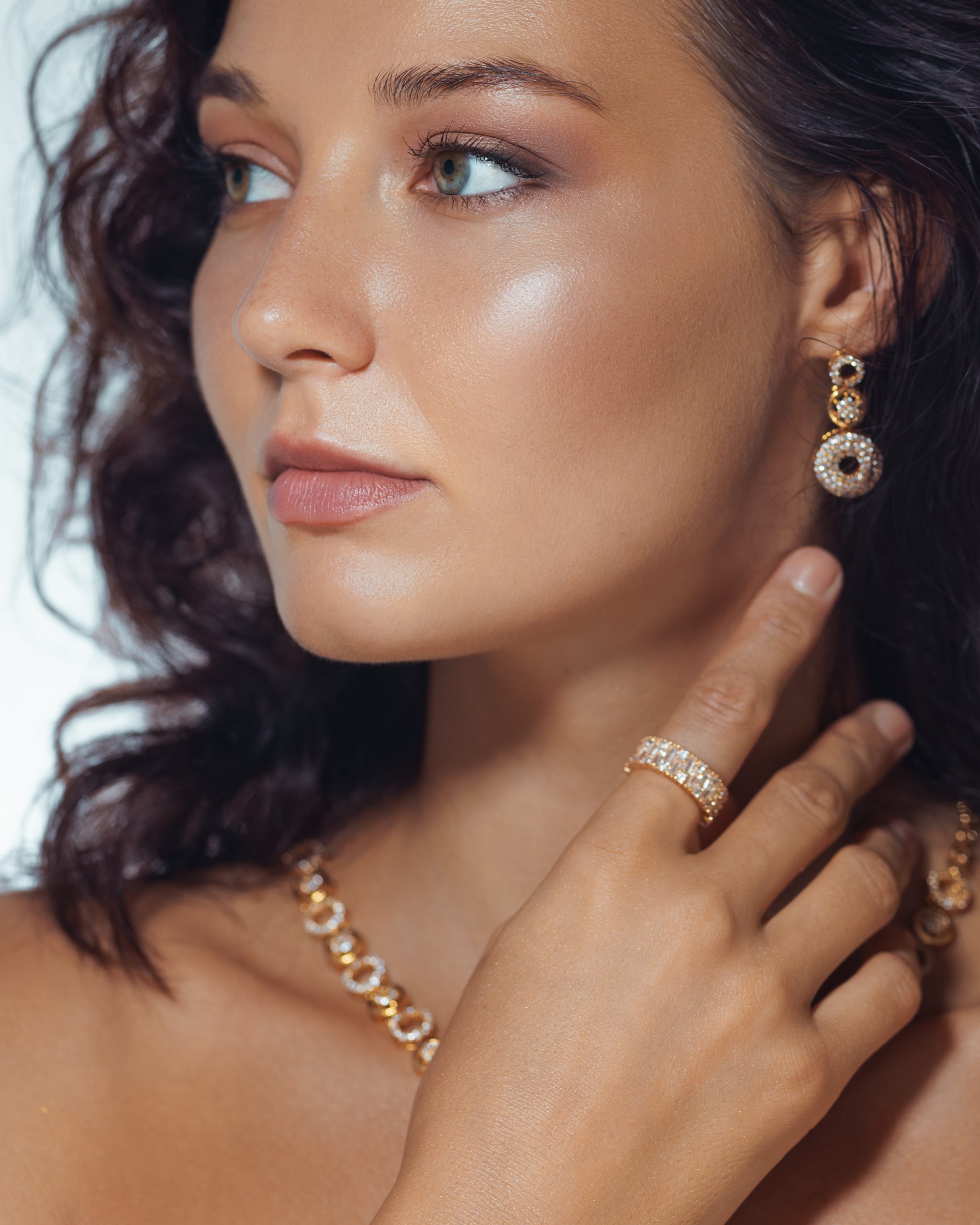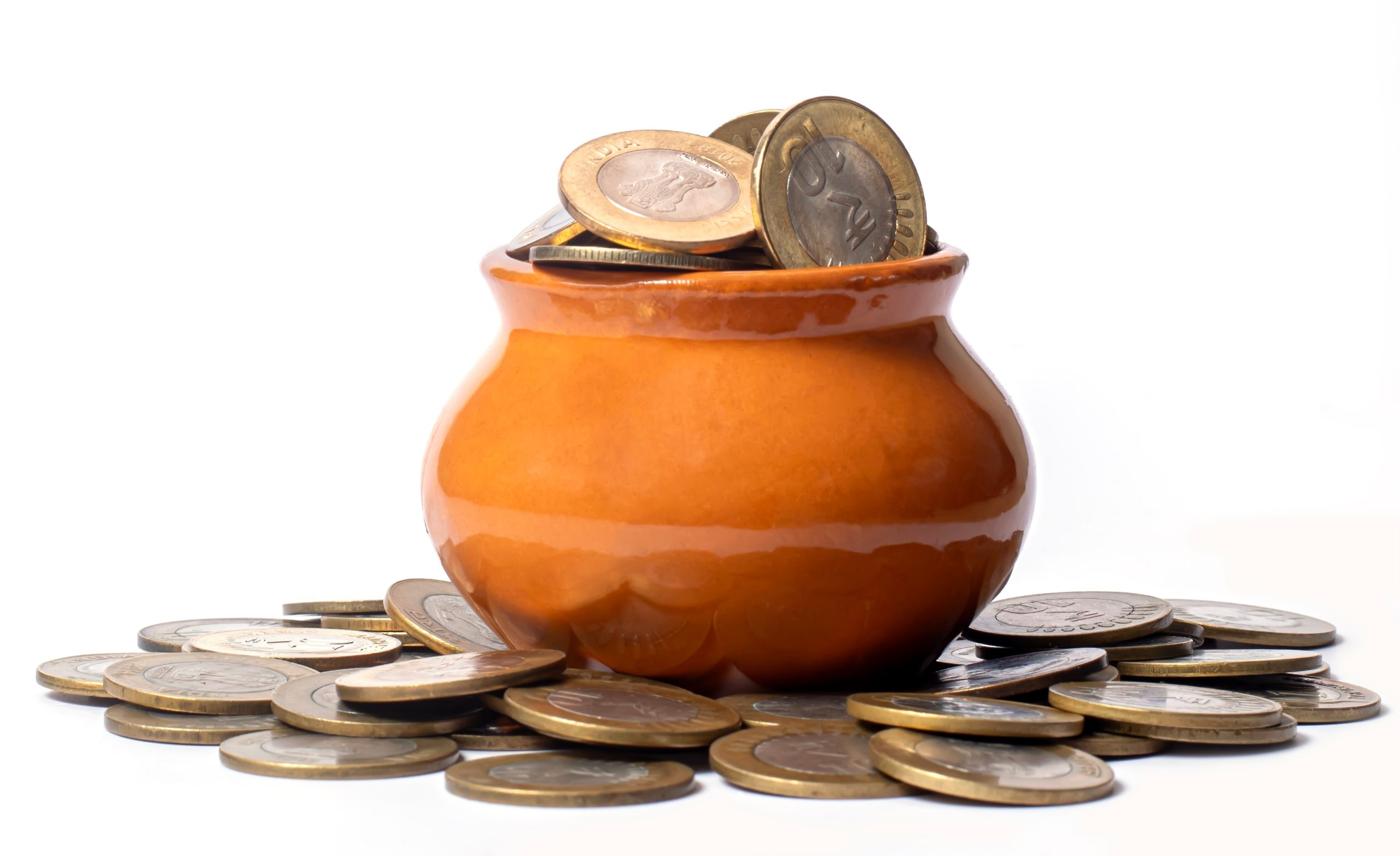When we need fast cash or want to sell valuables, it’s easy to assume all places offering money for gold are the same. However, that’s not quite true. In Saskatoon, there’s a clear difference between pawn shops and dedicated gold buyers. Understanding how each works helps us make better decisions, especially when dealing with something as valuable as gold.
Let’s look closely at how gold buyers and pawn shops differ, what kind of service each offers, and why it matters when we want the best value and experience.
How Pawn Shops Operate
Pawn shops focus mainly on lending money. We bring in an item of value, and they offer a short-term loan based on that item’s estimated worth. Therefore, if we don’t return within the agreed time to pay off the loan plus interest, the shop keeps the item and sells it.
In other words, we don’t really sell to a pawn shop unless we fail to repay the loan. Even if we choose to sell upfront, the offer is usually low. That’s because pawn shops aim to profit from reselling all kinds of items—not just gold. Consequently, their knowledge of gold pricing isn’t always specialized.
They typically handle everything from electronics to tools to jewelry. So, while it’s possible to trade gold there, the staff may not have in-depth knowledge of precious metals. This can lead to less accurate evaluations.
On the other hand, pawn shops are convenient if we want a quick loan and plan to reclaim the item later. But for those of us focused on actually selling gold and getting top dollar, this setup often works against us.
What Gold Buyers Focus On
Unlike pawn shops, gold buyers specialize in one thing: buying precious metals. We walk in with gold, and they evaluate it on the spot using tools made specifically for testing purity and weight. Most importantly, they base their offers on live market prices for gold.
As a result, the process is more transparent. We can often watch the testing happen in front of us. This builds trust. For example, when we sell your gold at a place that handles only precious metals, we’re more likely to understand exactly what we’re being paid for.
Another big difference is the buyer’s motivation. Gold buyers want our gold so they can melt it down or refine it. They’re not trying to resell it as jewelry, and they’re not offering loans. Therefore, they’re more likely to give a better rate than a shop that needs wiggle room for reselling or loan risk.
That clarity and focus give us peace of mind, especially when we’re dealing with inherited gold, scrap pieces, or jewelry that no longer has personal value.
Value and Transparency
The price we get for gold depends on two things: its purity and its weight. However, there’s also a third factor—how honest and knowledgeable the buyer is. This is where specialized gold buyers usually stand out.
Pawn shops often offer ballpark estimates without thorough testing. On the other hand, gold buyers use acid tests, electronic testers, and calibrated scales. Therefore, their prices more accurately reflect what the gold is actually worth on the global market.
Most importantly, a good gold buyer will test the items in front of us. That is to say, there’s no backroom activity. We see the numbers as they’re calculated. This approach creates trust and removes guesswork.
We’ve also noticed that gold buyers in Saskatoon often publish guides and tips to help sellers understand purity markings, market trends, and what factors affect value. This kind of education is rare in pawn shops, where the business is more focused on turnover than customer understanding.
The Selling Experience
Selling gold should feel secure, not rushed or uncertain. However, at many pawn shops, the atmosphere is fast-paced. They handle many kinds of items at once, which can make us feel like just another transaction.
With gold buyers, the experience is usually quieter and more focused. Staff are trained to handle precious metals with care. Likewise, they’re used to answering questions about karats, spot prices, and how the process works.
For example, if we bring in several different items—rings, chains, coins—a proper gold buyer can separate them, test each one individually, and explain why one item is worth more than another. Most importantly, they won’t pressure us to sell if we’re unsure.
This kind of customer-first approach makes it easier to build trust. In Saskatoon, we’ve found that reputable gold buyers also allow us to walk away without any obligation if we’re not happy with the offer.
When Trust Matters Most
Some of us are selling gold that carries emotional weight. It could be a gift from a loved one, a piece of family history, or part of a financial emergency. In moments like that, the way we’re treated matters just as much as the money we receive.
Gold buyers understand this because they often deal exclusively in this type of transaction. As a result, the tone of the interaction is more thoughtful. They’re used to listening, explaining, and guiding, not just quoting a price and moving on.
We’ve also noticed that dedicated buyers offer privacy and discretion. If we value a more professional setting, this makes a big difference. Some even offer appointments so we’re not waiting in a public space, which can feel more respectful during a sensitive moment.
More Accurate Pricing Over Time
Gold prices change daily. Therefore, the timing of a sale matters. A key difference between pawn shops and gold buyers is how closely they follow those changes.
Gold buyers are often plugged into live market rates. They check the value of gold in real time, which means the price they offer reflects that exact day’s worth. Pawn shops, by contrast, may use outdated rates or apply broad estimates.
If we’re selling multiple pieces or large amounts, this pricing accuracy becomes even more important. A few dollars per gram can quickly add up. Consequently, even small pricing gaps between a pawn shop and a gold buyer can cost us a lot of money.
By working with a gold buyer who watches the market closely, we give ourselves the best chance to sell at the right moment. This can be especially helpful if we’ve been tracking prices and waiting for the best time to sell.
Selling Tips Most People Overlook
When we prepare to sell gold, there are a few things we can do to make sure we get the most out of it:
- Separate items by karat if possible. That way, the buyer can weigh each group accurately.
- Avoid cleaning the gold with harsh chemicals. This might damage the finish or make testing harder.
- Bring any paperwork or receipts if available. They help confirm authenticity, especially for coins or bars.
- Know the current gold price. We don’t need to be experts, but having a rough idea helps us recognize a fair offer.
- Don’t be afraid to walk away. If something doesn’t feel right, we’re not obligated to sell.
These tips aren’t always shared at pawn shops, where education isn’t a focus. But when we deal with professionals who understand the gold industry, we gain better insights every time we sell.
If you have specific questions about what your gold might be worth or want to set up a visit, you can Contact Us directly for a private consultation.
Frequently Asked Questions
1. What is the main difference between a pawn shop and a gold buyer?
A pawn shop offers short-term loans using your items as collateral, while a gold buyer focuses only on buying precious metals like gold and pays based on weight and purity.
2. Will I get more money at a gold buyer than at a pawn shop?
Yes, in most cases. Gold buyers offer pricing based on real-time gold values and use proper testing methods, which leads to more accurate and often higher offers.
3. Is it safe to sell gold at a pawn shop?
It can be, but the environment is often less specialized. That means testing might not be as accurate, and pricing could be lower due to limited gold knowledge.
4. Do gold buyers test items in front of me?
Yes, reputable gold buyers will test everything in front of you, explain the results clearly, and ensure you understand what affects your offer.
5. Can I sell broken or scrap gold?
Absolutely. Gold buyers are interested in the metal itself, not the condition of the item. Broken chains, single earrings, or damaged jewelry are all accepted.




